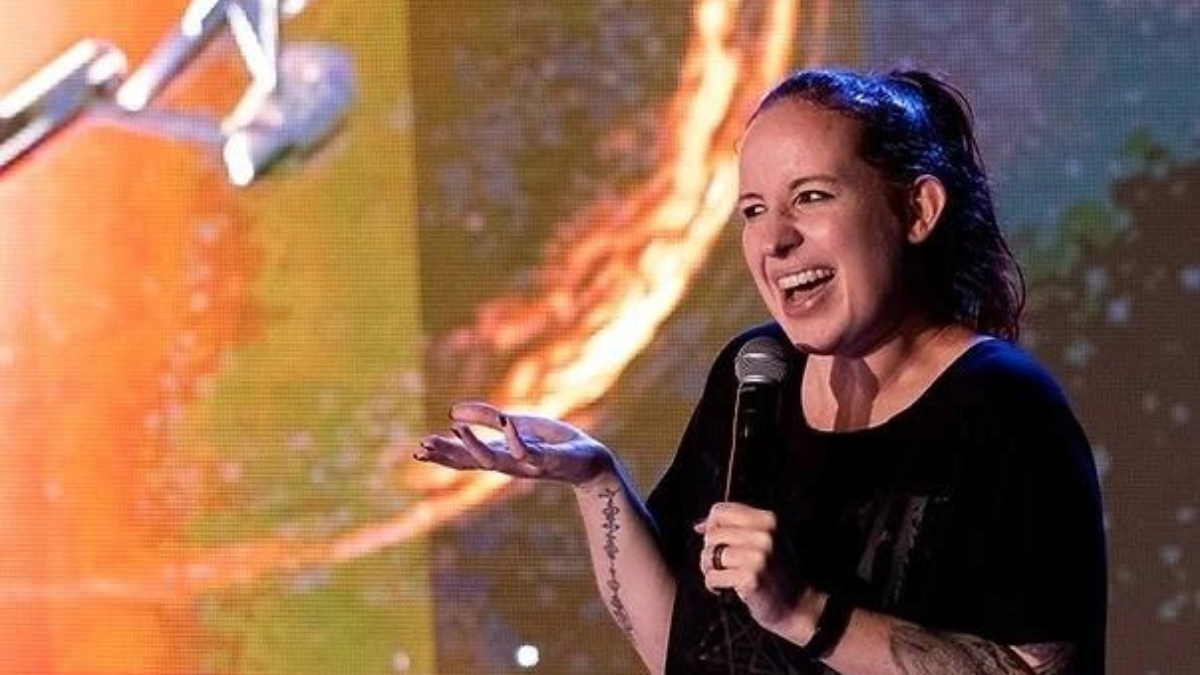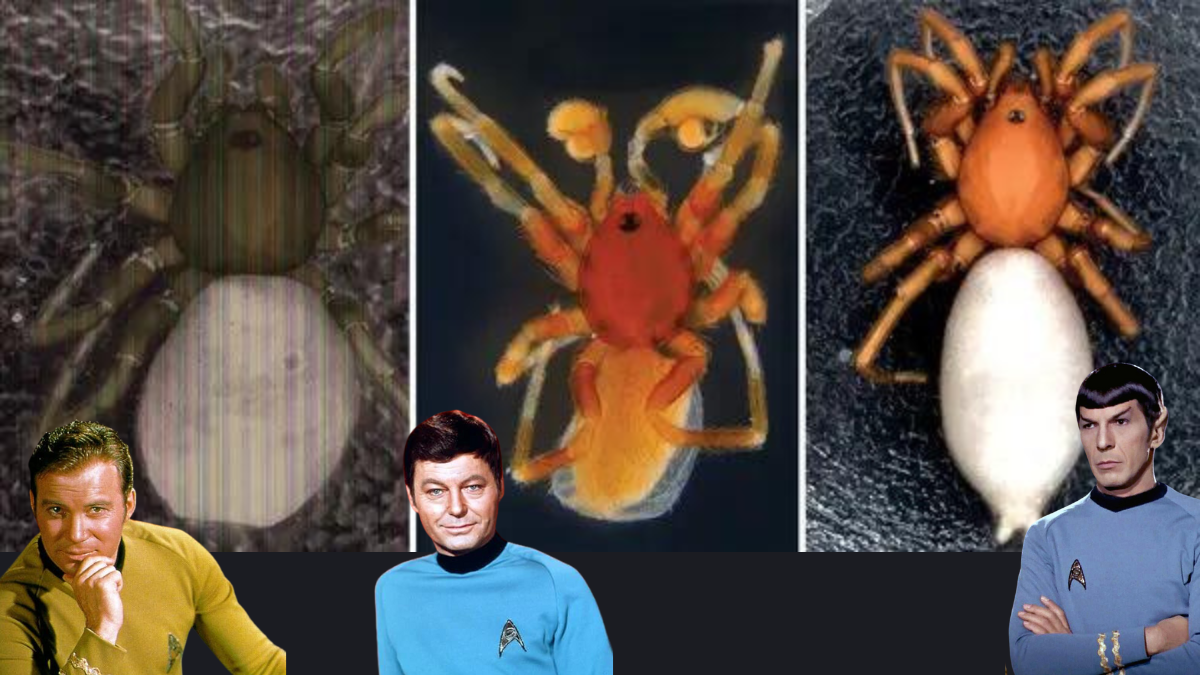Resistance Against a Leap Towards Science Fiction Becoming Reality May Be Futile

In an era where artificial intelligence (AI) is rapidly advancing, a recent study suggests a future that seems to leap straight out of science fiction narratives. Experts predict that AI's future trajectory will resemble the collective consciousness seen in iconic sci-fi series such as Star Trek. According to a collaborative study by researchers from Loughborough University, Yale University, and the Massachusetts Institute of Technology (MIT), we are on the cusp of witnessing the emergence of "Collective AI." This form of AI envisions a network of AI units, each capable of continuous learning and skill acquisition, coming together to share information and knowledge, much like the Borg—a collective of cybernetic organisms featured in Star Trek that share a hive-mind known as "The Collective."
This groundbreaking research, published in the journal Nature Machine Intelligence, introduces a concept that contrasts with current AI models like ChatGPT. Today's AI systems primarily gain knowledge through intensive training sessions but lack the ability to engage in lifelong learning or share their newfound insights with others. The envisioned "Collective AI," however, promises a future where AI units can communicate and learn from each other in real time.
As reported by The Messenger, Dr. Andrea Soltoggio of Loughborough University, the research lead, emphasized the potential benefits of this collective approach. He drew parallels between the proposed AI collective and science fiction characters, such as the Borg from Star Trek and the Replicators from Stargate SG-1. However, unlike these often villainous entities, the anticipated impact of "Collective AI" is decidedly positive. "In this new collective of AI systems, when one unit learns something new, it can share the knowledge with all the other units," Dr. Soltoggio explained, highlighting the resilience and adaptability such a system could offer.
One of the promising applications of "Collective AI" includes cybersecurity, where an AI unit identifying a new threat could instantly disseminate this knowledge across the network, enabling a swift collective response. This system's adaptability could also revolutionize disaster response and personalized medical care, making it possible for AI to quickly adjust to new environments and incorporate the latest medical knowledge with patient-specific data.
Despite the optimism, the study's authors acknowledge potential risks associated with the rapid spread of unethical or illicit information within such a network. To mitigate these concerns, they propose a model where AI units maintain their independence and objectives, fostering a "democracy of AI agents" that could prevent domination by a few large systems. This approach seeks to balance the benefits of collective knowledge sharing with the need for safety and ethical considerations.
Funded by the US Defence Advanced Research Project Agency (DARPA), this research marks a significant departure from current AI paradigms. The scientists behind this study believe that the future of AI will not be dominated by large, static models but by sustainable, evolving collectives capable of sharing and growing together. Dr. Soltoggio concluded, "Human knowledge has grown incrementally over millennia thanks to communication and sharing. We believe similar dynamics are likely to occur in future societies of artificial intelligence units that will implement democratic and collaborating collectives."
This vision for the future of AI not only underscores the potential for technological growth and innovation but also highlights the importance of collaboration, both within the AI community and in the broader context of society's relationship with technology.
Chris Post is a life-long fan of Star Trek who has been working in journalism for nearly 25 years.





